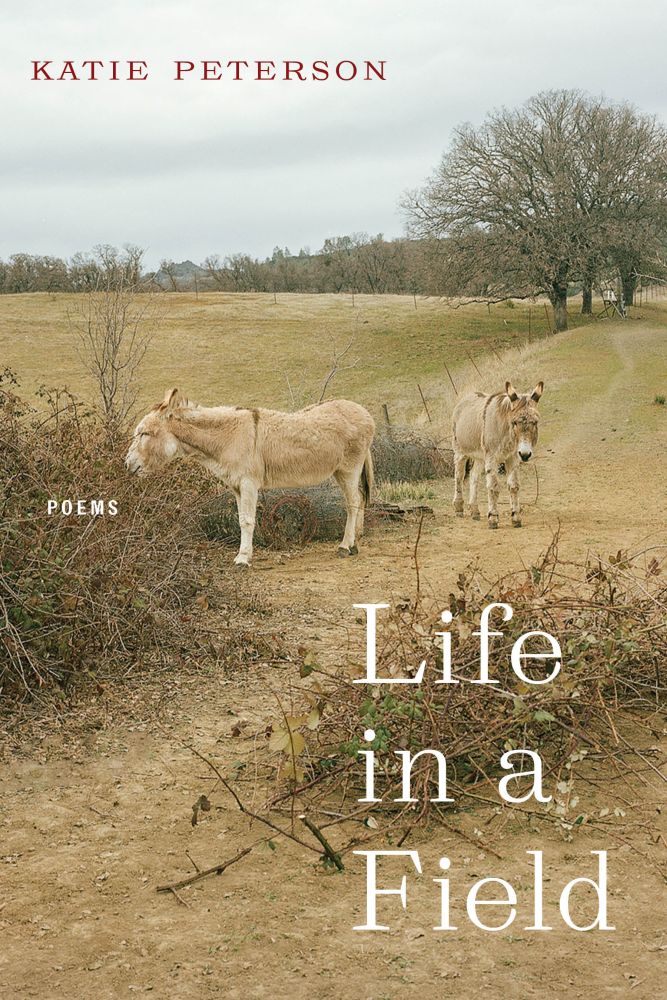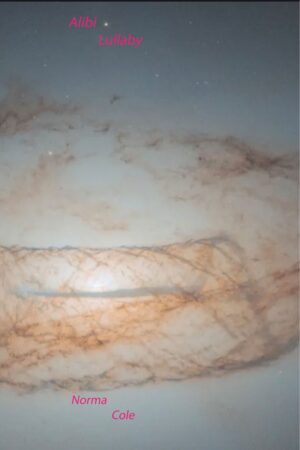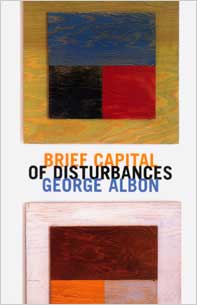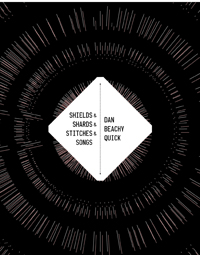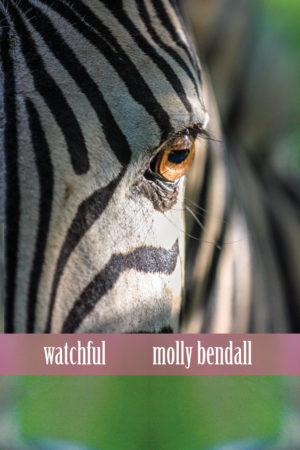Description
This is a comedy about climate change, in which a girl and a donkey become friends, then decide to marry time.
A lyric fable, Life in a Field intersperses Katie Peterson’s slow-moving, cinematic, and sensual writing with three folios of photographs by Young Suh. Introspection, wish, dream, and memory mark this tale, which is set in a location resembling twenty-first-century California—with vistas and orchards threatened by drought and fires. This is also a place of enchantment, a fairy-tale landscape where humans and animals live as equals. As the girl and the donkey grow up, they respond to the difficulties of contemporary civilization, asking a question that meets our existential moment: What do you do with the story you didn’t wish for? A narrator’s voice combines candor with distance, attempting to find a path through our familiar strife, toward a future that feels all but impossible, and into what remains of beauty and pleasure. Life in a Field tries to reverse our accelerating destruction of the natural world, reminding us of “the cold clarity we need to continue on this earth.”
Daniel Handler, author of Why We Broke Up and Bottle Grove
“Peterson’s work finds a new kind of happiness, and Life in A Field leads you on a path that’s exploratory but inevitable, tricky but sturdy, earned and enduring and cerebral and impulsive and lit bright with joy. This book is splendid. It makes me happy. This is a really lovely book.”
Rachel Zucker, author of SoundMachine
“I found the book you are about to read delightfully easy to enjoy, and yet I find it difficult to explain what I love about it . . . Like most great poetry, Life in a Field is impossible to summarize or paraphrase. More than most poetry, it eludes formal categorization. Life in a Field is hybrid, mongrel—part allegory, part parable, part fable, part fairytale, part futurist pastoral set in the past or an alternate reality. . . . Life in a Field delights me in its simple, surprising, exquisite language.”
Chiyuma Elliott, author of At Most and Vigil
“It stars a girl, an unnamed donkey with a star mark, and a narrator who warns us to keep our distance so we don’t get in the way. Our job as readers is to acknowledge that we are transients by this American river: to pitch our tent and live in the story, not to relate to it. Devastating is too small a word for the vision of goodness and proximity these poems pursue. Their deft interrogation of empathy, privilege, and the myriad ways that ‘beauty makes you greedy and love repurposes your greed’ builds lyricism out of narrative itself. The journey Life in a Field takes us on makes us strange to ourselves in the best possible ways; we stand in that field and pay attention to the price of living in time.”
Dana Levin, author of Banana Palace
“Let others try to summarize the plot of Peterson’s odd and compelling Life in a Field—I want to tell you my copy of it is rife with sunshine yellow: all the thoughts and phrases I highlighted because they hurled a bolt through me. Like: ‘She imagined consoling a god so scared he hid from visitors in his own house.’ Like: ‘I marry you Time, purger of fortunes, handmaiden of ruin.’ Like a single page empty but for the word ‘Happy’ on it. This is a book about the nature of love, time, friendship, decay, and what storytelling is for. Here, Peterson lets her generosity of mind run free.”
Rita Bullwinkel, author of Belly Up
“Life in a Field is a propulsive, gorgeously written story that, like the best fairy tales, feels both familiar and revelatory. Peterson is a master of image delivery. In her prose we see alternate and concurrent images unfold simultaneously–a lemon is both ripe and rotten, a girl is both in love with a donkey and has decided to love no one, a friend is both emotionally luminous and incapable of crying honest tears. Life in a Field is a triumph of language’s unique ability to show us double-exposed ideas with deft and sparkling energy.”
Brandon Shimoda, author of The Grave in the Wall and The Desert
“Life in a Field exists, in my mind, as a painting, or as a detail—or as two dovetailing details—in a painting (like one by Bruegel, but seen through a glass lightly) that is as long as life, and as fleeting. When you reach the end, and when you reach the beginning of wondering how, you will want to return, as I—and the pictures that passed through your mind—did, not only to the beginning, but all at once to the whole panorama.”

